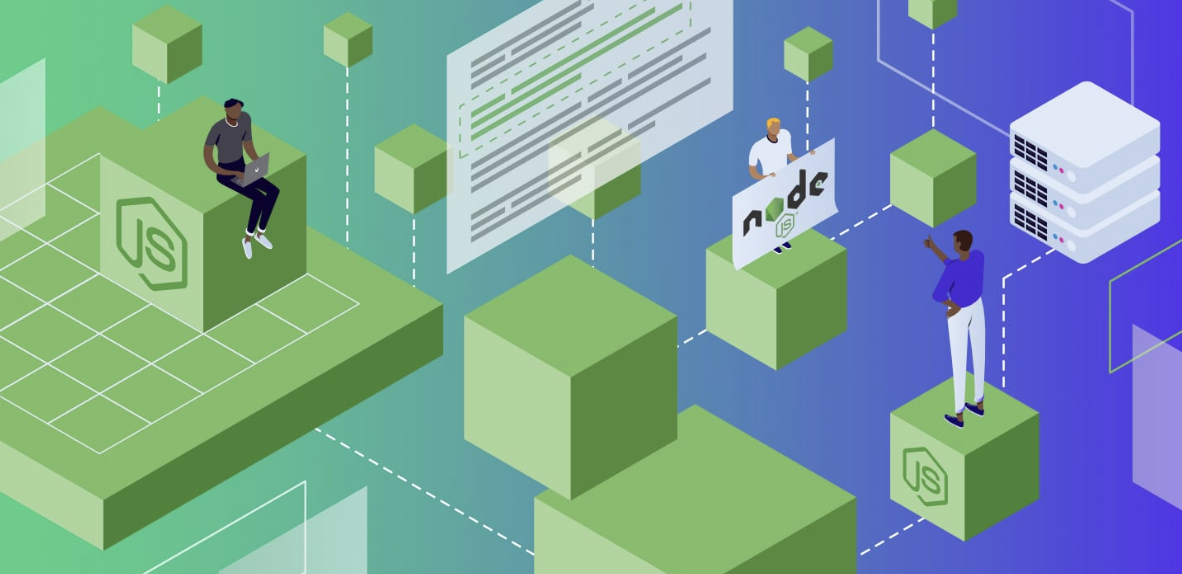In an age where technology reigns supreme, it’s unsurprising that even sectors as traditional as the legal world are undergoing vast digital transformations. This digital evolution, however, comes with its own set of challenges, chief among them being cyber threats. Law firms are becoming increasingly attractive targets for cyber criminals. Why? Because attorneys not only possess a trove of confidential data, ranging from trade secrets to intellectual property, but are also guardians of the coveted attorney-client privilege. Among the numerous threats they face, a notable one is the Distributed Denial of Service (DDoS) attack, which can incapacitate an entire network, rendering it inoperative. Knowledge of these threats and appropriate countermeasures is paramount. Dive into this guide to discover the top threats and the best practices to protect your legal establishment from cyber risks.
Understanding the Threat Landscape
- Distributed Denial of Service (DDoS) Attacks: A DDoS attack aims to make an online service unavailable by overwhelming it with a flood of traffic from multiple sources. For law firms, this could mean losing access to critical online resources or communication tools for hours or even days. Imagine being unable to access case files, contact clients, or use any online service vital for day-to-day operations.
- Ransomware: These are malicious software designed to block access to a computer system until a sum of money is paid. For law firms holding sensitive data, this can be catastrophic.
- Phishing Scams: Cyber criminals often pose as trusted entities to trick individuals into giving away confidential information. For lawyers, a well-crafted phishing email could appear as a message from a client or a court.
- Insider Threats: Sometimes, the danger comes from within, whether it’s from disgruntled employees or simple human error. Insiders can accidentally or purposefully leak sensitive data.
Best Practices for Law Firms
Regular Training and Awareness: In the fight against cyber criminals, knowledge is the first line of defense. Regular training sessions can educate staff about the latest threats and how to identify and counteract them.
Implement Strong Password Policies: Simple passwords can be an open door for hackers. Advocate for the use of complex passwords and change them regularly. Consider multi-factor authentication for added security.
Maintain Updated Systems: Outdated software can have vulnerabilities. Ensure all software, including security systems, is regularly updated.
Backup Data Regularly: In the event of a cyberattack, having a recent backup of all essential data can be a lifesaver. Regularly back up all critical data and test restoration processes to ensure they work.
Limit Access: Not everyone in the firm needs access to all information. Assign access based on roles to minimize the risk of data breaches.
Hire or Consult Cybersecurity Experts: Whether you have an in-house IT team or consult external experts, make sure they’re well-versed in the latest cyber threats and defense mechanisms.
Understanding Attorney-Client Privilege in the Digital Age
One of the cornerstones of legal practice is the attorney-client privilege, a principle ensuring the confidentiality of communications between lawyers and their clients. In a digital era, this extends beyond just verbal or written communications. Protecting this privilege in the face of cyber threats is more vital than ever.
Encrypted Communications: All communications, be it emails or messages, should be encrypted to prevent unauthorized access.
Secure Physical Data: Physical files and documents should be stored securely, and access should be monitored.
Regular Audits: Periodically review and audit data access logs to ensure no unauthorized access has occurred.
Conclusion
In the digital age, where cyber threats are ever-evolving, law firms must stay one step ahead. By understanding the threats, implementing best practices, and giving due emphasis to the sanctity of attorney-client privilege, law firms can arm themselves effectively against cyber criminals. Remember, in this era, cybersecurity is not just an IT concern; it’s integral to upholding the foundations of legal practice.







